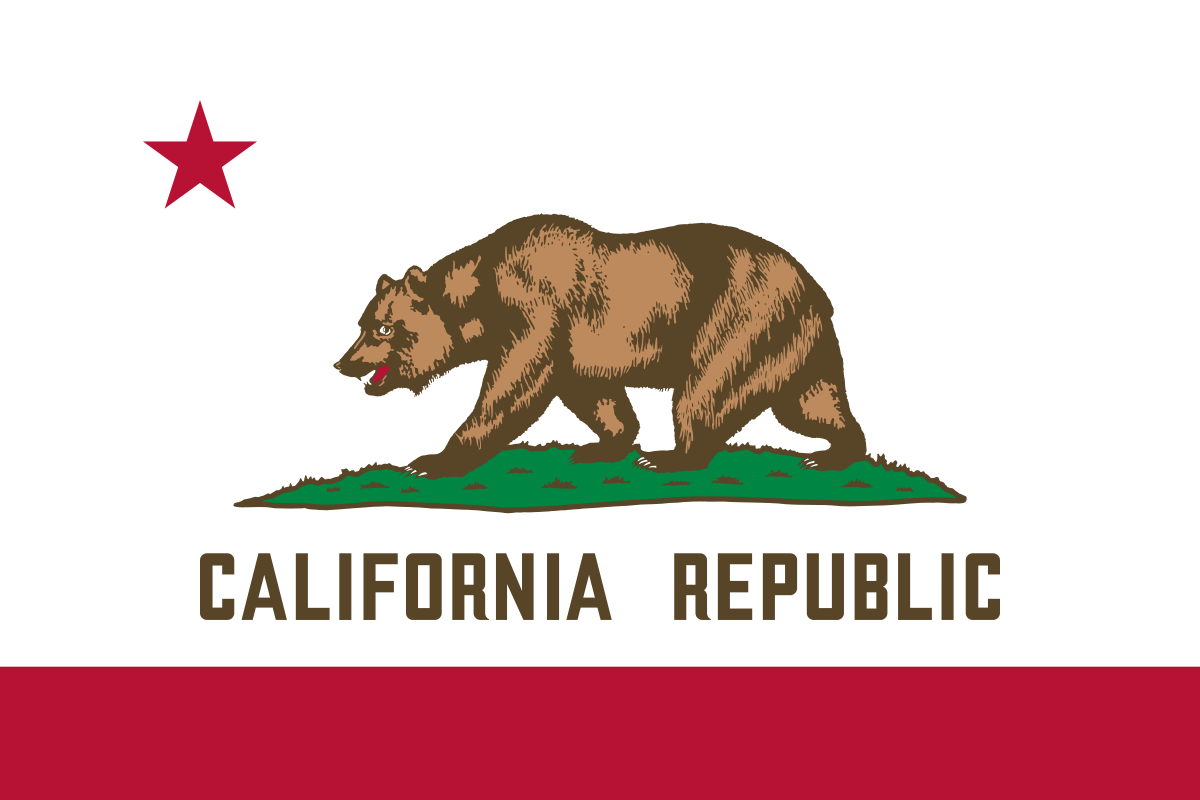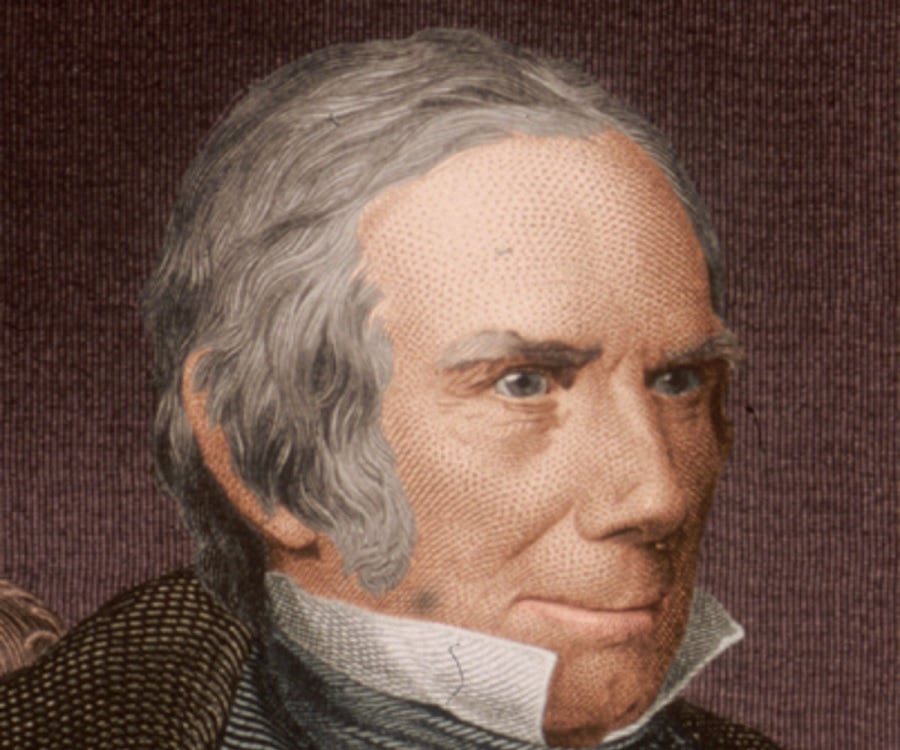
The Fugitive Slave Law decreed any person brought to California as a slave would be considered a slave in the eyes of the law, even though the California constitution banned slavery and the state entered the Union as a “free state” under the Compromise of 1850.
Who Was Responsible for The Compromise of 1850?

In U.S. history, a series of measures proposed by
the Sen. Henry Clay of Kentucky, and by the U.S. Congress in an effort to settle several outstanding slavery Issues. The California gold rush is a history embedded into the nation’s consciousness. . In first annual message to Congress, Taylor endorsed statehood for California and urged that “those exciting topics” that had caused such apprehension be left to the courts. He opposed any legislative plan that would address the problems that so agitated Northerners and Southerners, thus preventing Henry Clay from pushing ahead with another compromise plan that, he hoped, would settle the issue for at least a generation, as had the Missouri Compromise of 1820.
The Compromise of 1850 included all except postponing a decision on the question of slavery in the California territory. California was admitted as a free state in the compromise.
POINTS OF THE COMPROMISE OF 1850:
1.The Compromise of 1850 was made up of five separate bills that made the following main points:
2.Permitted slavery in Washington, D.C., but outlawed the slave trade Added California to the Union as a “free state”
3.Established Utah and New Mexico as territories that could decide via popular sovereignty if they would permit slavery
4.Defined new boundaries for the state of Texas following the Mexican-American War, removing its claims to parts of New Mexico but awarding the state $10 million in compensation
5.The Fugitive Slave Act of 1850 required citizens to assist in apprehending runaway slaves and denied enslaved people a right to trial by jury.